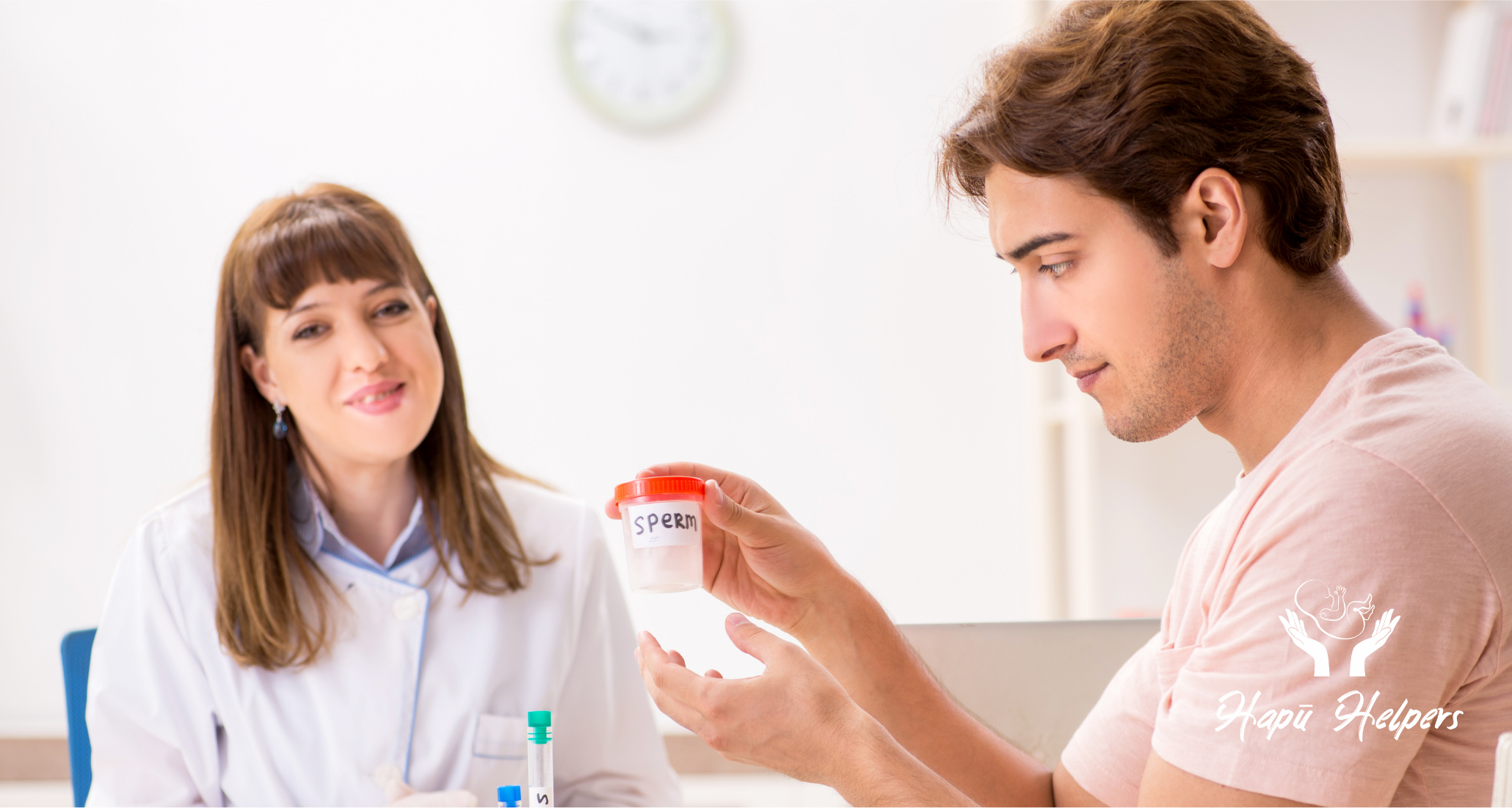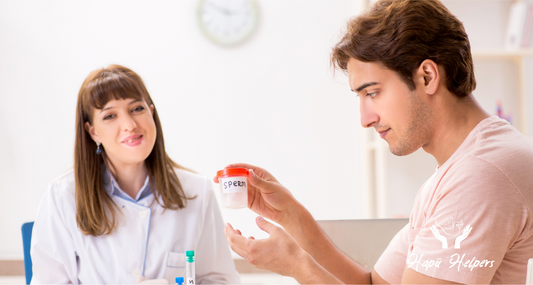October 11, 2022 | At Home Insemiantion
About Your Donor

Everything you need to know about your donor
Finding a donor can be quite a confronting task, that’s why we are here to help guide you through the process. Below we talk about where you can find your donor and questions to ask them to see if they are suitable for you.
Where to find a sperm donor
Here at Hapū Helpers, we have made it our mission to increase the pool of available donors. First, however, start by considering someone you know, and if this is not an option for you, then take a look at the various Facebook groups and join those in your quest to find a suitable donor.
We found our donor on Facebook however a lot has changed over the last 2-3 years. Most groups out there are Donor-run groups that are highly controlled to the point that the “hot donors” are kicked off the groups as they compete with the other donors. Most Donor-run groups happen to be run by serial donors. A serial donor is someone who donated to many families with complete disregard for the children they are bringing into this world.
If you want to use Facebook, I would recommend one that is not run by a donor.
Please exercise caution in these groups, do your research and know who your donor truly is.
In NZ we have 1 “Recipient-Run” groups that we recommend:
What to ask your donor and why
- What is your motivation concerning sperm donation?
We felt this was important to ask as it helped see what sort of person our donor was and his emotions and feelings around this. For example, donating sperm is a selfless gift; while most men have great intentions, others may not.
- Do you have any children from previous donations?
By asking this, you will be able to find out two key things:
- Whether or not they have successfully donated in the past
- How many other children has he provided for other families?
Does he limit how many families he would like to help and the total number of kids?
With New Zealand being such a small country, you may want to consider the risk of unintentional incest, which is a risk if the donor has performed a lot of successful donations. Please be careful of Serial Donors. this is becoming a real problem in the world now. Serial Donors donate to a lot of families. this becomes a problem because there is a higher chance of incest happening. Incest can cause severe genetic abnormalities. It would help if you also thought of the next generation. When all your donor’s children have children, there is an even higher chance of incest.
It is a good idea to consider speaking to your donor to connect with the other recipients. This helps by becoming aware of who the half-siblings are. This will mean that your children can have a support system around them with others from the same/similar situation. The last thing is this can help with organ donation, blood donation etc., in the future if needed.
Please look at what Donor Conceived People have to say about their situations. We must understand them fully so we can make the best choices for our families going forward. You can read more here.
Does he want any involvement in the child's life. If so, to what extent
The level of involvement is a crucial question to ask. It’s important to know what involvement the donor is looking for and to see if this aligns with your plans. There is no right or wrong here; once both parties agree, ensure that this is included in your legal agreement.
NOTE: All legalities and an example of an agreement can be found here
Talk about lifestyle. Does he drink, smoke, or take drugs
It’s no secret that regular alcohol, tobacco, or recreational/prescription drugs can significantly impact male fertility. Therefore, knowing this will enable you to decide whether or not the donor’s lifestyle is the best choice for you and your pregnancy plan.
Would they be willing to do a semen analysis if they haven't already
Finding out your donor’s fertility can save you a lot of time and effort in the long run. If he hasn’t had a test, the cost of performing one will be your responsibility. Fertility tests can be done privately at any Labtests or through a GP. It is important to know that a low sperm count is not any sperm count and it does boil down to the motility and mobility of the sperm. You want a mobility rate of at least 40%
Would he accept to undergo an STD (sexually transmitted disease) test before you start trying to conceive?
Understanding the sexual health of your donor is very important before engaging in sperm donation for both mother and baby. If applicable, make sure you find details of any previously contracted STDs. Again, the cost will be your responsibility if you want your donor to do this. STD tests can be done at any Labtests or via his GP.
Talk about his family and their medical history.
After questioning, you may find that your donor has no current or pre-existing medical conditions. However, certain diseases and afflictions can pass down from generation to generation, so it is always good to be thorough. For example, is there a history of heart attacks, diabetes, strokes, dementia, cancer, or other conditions? Doctors often request this information when treating your baby, so it’s imperative that you have all this information and can provide it when required. While at it, find out if he wears glasses or had any hip problems as a child (i.e. hip dysplasia). Our Doctors and Plunket asked this a lot in the beginning. Finally, consider sending your donor for genetic testing to rule out any underlying genetic conditions. We have partnered with Easy DNA. See genetic test options in our shop.
Would he help conceive again if you decided to have another child
This is important to consider if you plan on having more children and want them to be genetically related.
General
We had a general chat with our donor, asking about his interests, hobbies, and career. We discovered what sports he did at school and how he performed academically. We chatted about any talents he may have and asked questions such as whether there is balding in his family and the hair and eye colour of his parents and siblings. To us, this was not important, but it was just a ‘nice to know.’
If you feel like you don't know where to start, talking with a TTC consultant can help! Book a FREE 15 minute virtual consult today!




